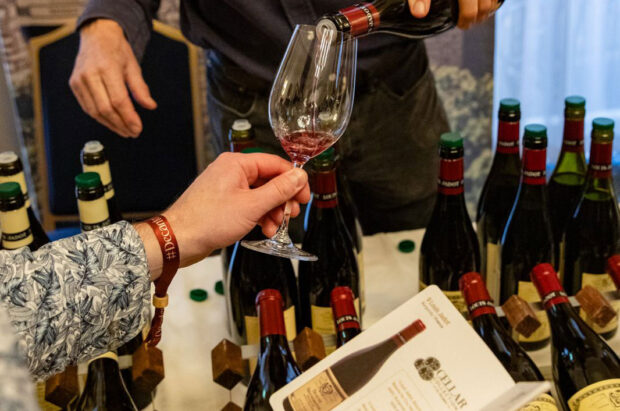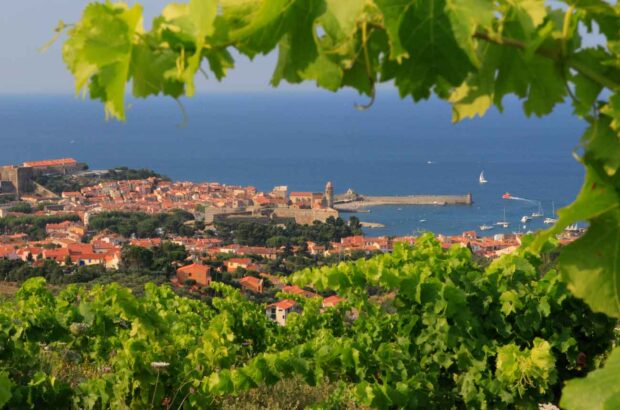Top Bordeaux chateaux are looking at E-Provenance, a new method of tracking wine through the distribution and storage chain.
Using a combination of hardware and software to monitor a bottle’s whereabouts from the producer to the consumer, the system has attracted the attention of 20 chateaux including Latour, Lafite, Margaux, Palmer and Haut Bailly. Some have already begun trials.
‘E-Provenance guards against not only fraud but bad handling that can damage the quality of a wine,’ Eric Vogt, director of E-Provenance, told decanter.com.
‘Even temperature fluctuations are recorded, so if your wine has been stored in the sunshine on a dock for a week, you’re going to know about it.’
Dr Christian Butzke from Purdue University in Indianapolis, USA, who has been researching the issue since the late 1990s, said the product filled a gap in the tracking process and detailed several examples of containers being lost due to bad handling during delivery. Those involved wish to remain anonymous.
‘Until now, the top chateaux have been meticulous about quality in the vineyard and in the cellar,’ said Butzke. ‘But there is a third piece that has been largely ignored – that of distribution and delivery.’
Vogt said there was initial resistance from shippers and importers, who stand to lose the most if they don’t handle wine correctly. But with the increase in wine prices, they have recognised the commercial imperative.
‘We make the best quality wine we can, and don’t want mistakes in delivery,’ said Jean-Charles Cazes of Chateau Lynch Bages, who has begun trials with the property’s white wine,
‘We believe it’s a very important step forward to find a technological solution that can help control the supply chain. But it’s important that consumers don’t panic over small temperature fluctuations – it’s the prolonged, extreme ones that can hurt.’
The product is priced based on whether properties are tracking bottles, cases or entire containers. Results of the trials currently are confidential.
‘Fine wine is often shipped in worse conditions that ice cream or lettuce,’ said Butzke.
‘Temperatures that are too high can “speed age” the wine – up to two years’ worth of ageing in one week if temperatures exceed 40 degrees. Cork displacement and leaks happen much earlier. For such high profile properties, that is a major concern.’
Written by Jane Anson






